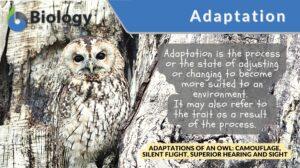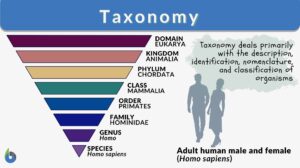Search Results for: darwin_charles
Natural selection
Natural Selection Definition What is natural selection in biology? Natural selection is defined as a process in nature... Read More
Survival of the fittest
When we talk about evolutionary processes, the usage of the phrase "Survival of the fittest" has been very common in... Read More
Sexual selection
What is Sexual Selection? The definition of sexual selection is very interesting in biological terms. The sexual selection... Read More
Darwin and Natural Selection
Reviewed by: Mary Anne Clark, Ph.D.In the 19th century, a man called Charles Darwin, a biologist from England,... Read More
Darwinian fitness
Darwinian Fitness Definition Darwinian fitness refers to the measure of an individual organism's or genotype's reproductive... Read More
Examples of Natural Selection
Reviewed by: Mary Anne Clark, Ph.D.Darwin's Finches Darwin's finches are an excellent example of the way in... Read More
Adaptive Radiation
Reviewed by: Mary Anne Clark, Ph.D.When Charles Darwin was in the Galapagos Islands, one of the first things he... Read More
Population Growth and Survivorship
By: Maria Victoria GonzagaPreviously, we learned about biodiversity and endemism. Now, let's look at the... Read More
Sympatric speciation
Speciation is a process of evolution through which two different existing populations evolve and a distinct species form. It... Read More
On Mate Selection Evolution: Are intelligent males more attractive?
A study published in Science on January 11 seems to be the first to lay empirical evidence that concur with Charles Darwin's... Read More
Embryology
Embryology Definition Embryology is a branch of biology that deals with the topics concerning gamete formation... Read More
Divergent evolution
Divergent Evolution Definition Divergent evolution refers to the process by which interbreeding species diverged into two... Read More
Allopatric speciation
We can define speciation as a process by which the novel genetically independent group of organisms are formed through the... Read More
What is a species? Definition of species, different approaches
What is the definition of species? What does it take to be considered as a species? Ever since there has been an array of... Read More
Genetics and Evolution
Tutorials in Genetics and Evolution immerse on the molecular aspects and the works of nature that led to what every living... Read More
Pangenesis
Definition noun A hypothetical mechanism for heredity proposed by Charles Darwin in which it holds that gemmules are shed... Read More
Physiological adaptation
If we look over evolutionary history, we find that it’s neither the most genius and intelligent nor the strongest and the... Read More
Last universal ancestor
Definition noun The hypothetical primordial organism from which all other species of organisms on Earth... Read More
Galapagos Islands
A group of islands in the Pacific off south America; owned by Ecuador; known for unusual animal life.A place made famous in... Read More
Apical bud
Apical Bud Definition The apical bud is the type of bud located at the top (apex) of the plant, particularly at the very... Read More
A Look Into Natural Selection and its Mechanisms
Charles Darwin is credited with outlining the fundamentals of evolution. He was a smart and eager pupil and protégé, and... Read More
The Gene Pool and Population Genetics
Reviewed by: Mary Anne Clark, Ph.D.The previous tutorial is about adaptive radiation. Adaptive radiation is... Read More
Genetics – Lesson Outline & Worksheets
Topics Modules Quizzes/Worksheets DescriptionIntroduction to GeneticsGenetics - Definition:... Read More
Early Mammals on Earth
By the time the dinosaurs were extinct 65 million years ago, the world's landmass had split up into more or less the... Read More
Adaptation Tutorial
Adaptation, in biology and ecology, refers to the process or trait through which organisms or the populations in a habitat... Read More
Organization
Organization Definition The meaning of the term "organization" is very simple. It means the state wherein things are... Read More
Binomial nomenclature
Binomial Nomenclature Definition Binomial nomenclature is a binomial system of naming a species. A binomial name is... Read More
Transmutation of species
Definition noun The first fully formed scientific theory of evolution by Jean Baptiste Lamarck in his 1809 book... Read More
SENI Biometric Analysis on the extinct Scincidae species: Macroscincus coctei (underlined)
Brian L. Schnirel Leeway Corucia Research Center (LCRC) Courtesy: Polyphemos (2004) Introduction: It has been... Read More
Adaptation
Adaptation Definition In biology and ecology, adaptation refers to the process of adjusting behavior, physiology, or... Read More
Degenerate
Degenerate means to become worse or less of its kind or former state. In biology, it means an entity performs the same... Read More
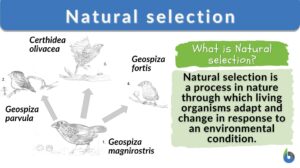
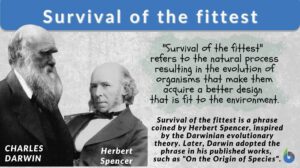
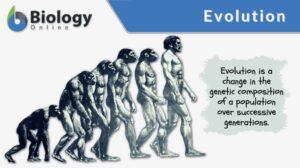

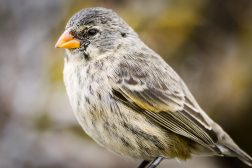
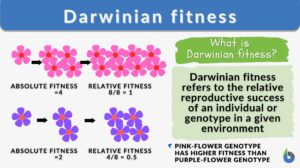
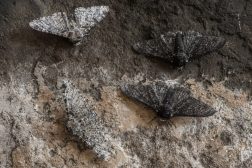
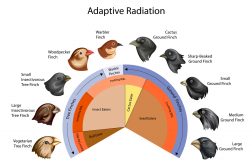

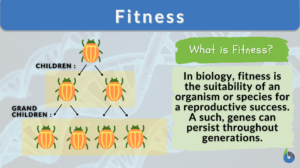
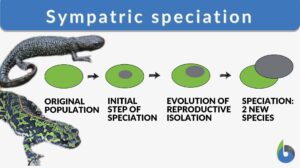
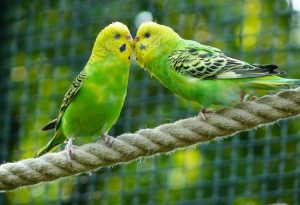
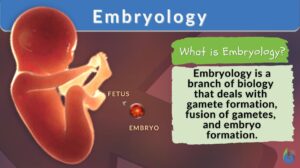
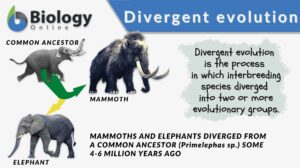
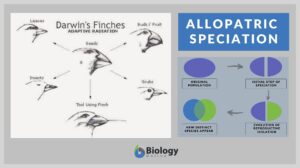

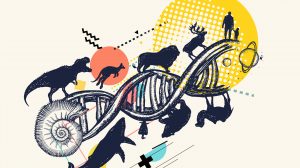

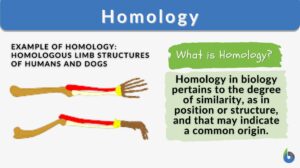
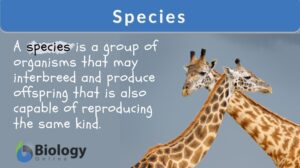
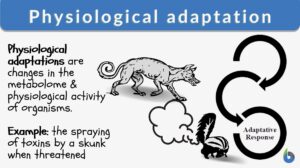
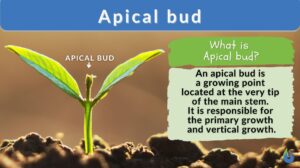
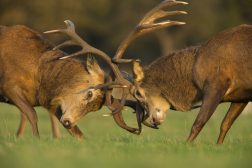
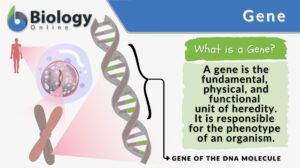
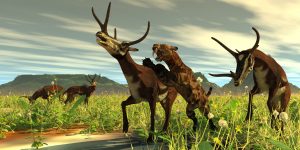

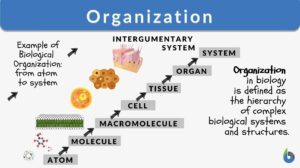
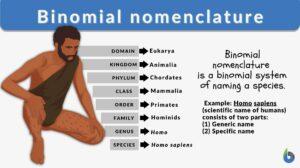
![Botany n., [ˈbɑt.ə.ni/] botany definition and example](https://www.biologyonline.com/wp-content/uploads/2019/10/botany-definition-and-example-300x168.jpg)
